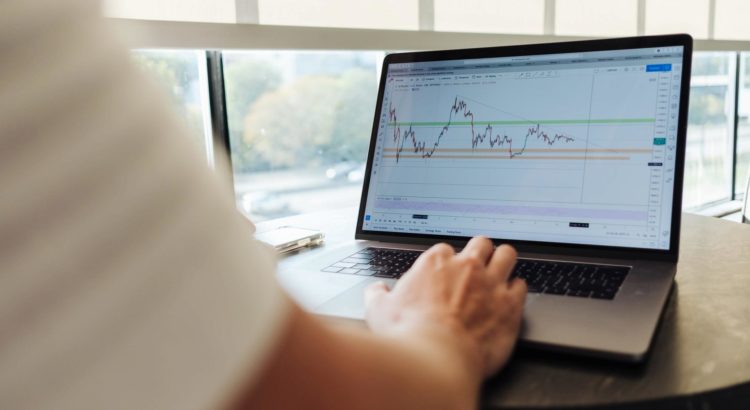Even though there are more computer-based algorithm traders than ever, market participants remain essentially human and share one characteristic: emotional trading. Emotions, in many cases, may be considered the most significant barrier between you and your trading success.
If you want to learn more about this, read on to explore these critical psychological factors. If you’re going to look a bit deeper into trading, then see it here.
Choose A Trading Approach That Is Right For You
Not all trading techniques are appropriate for every trader. Scalping might be the ideal trading method for you if you like fast-paced trading and don’t mind spending all day in front of your computer screen. It entails establishing multiple positions throughout the day and keeping them open only briefly.
If you believe that this would be too much for you, day trading may be a good option. You’ll still have enough trade openings during a week to keep you occupied, but you’ll also have time to do other things once one is created. If you open at least three trades a day on five consecutive days, you’re likely a day trader.
If you’re a patient person, then swing trading might be a good fit for you. If you don’t choose the appropriate trading style for your personality, your trading results will suffer as a result.
Trading Requires A High Degree Of Discipline And Patience
Regardless of the trading approach you choose, mental discipline is a critical psychological trait of any successful Forex trader. They have self-discipline that prevents traders from trading on impulse and eliminates the influence of emotions on trading decisions. Trading robots exist because they trade using programmed algorithms, have self-control, and avoid using emotions when trading.
Begin developing discipline from the start of your trading career. Having a written trading plan with strict and precise rules is the most excellent way to accomplish this. You may purchase only when all conditions of your trading strategy indicate to buy, and you may sell only when all states suggest selling. Don’t fall for the trap of overtrading; instead, wait for all circumstances to line up before moving your trigger, and following your trading plan will become a habit.
The Most Common Errors Of Beginner Traders: Greed And Fear
Greed and fear are two negative emotions that can have a significant influence on your trading. It is a frequent error of neophyte traders, who become greedy or fearful when prices move swiftly up or down, only to find themselves entering the market in the direction of the underlying movement when experienced traders lock in their profits.
Here, we revisit the need for discipline – stick to your trading plan strictly and don’t look for trading possibilities when the market is moving. Trade setups are created repeatedly, and the market has no obligation to you.
Fear, like greed, is a familiar feeling among novice traders who allow their losses to grow and close their profits too soon, in fear of taking a loss or missing out on the small gains of a lucrative position.
“Cut your losses and let your profits run!” is a well-known saying in the trading world. You won’t feel compelled to close a trade prematurely if you have faith in your trading strategy and discipline. Trust in your analysis – cut your losses short if a trade setup isn’t looking good anymore, and don’t close profitable trades too soon.
Don’t Allow A Losing Trade To Ruin Your Day
Losing trades are an inescapable part of trading. Even the most significant traders have losers from time to time, and according to a 1998 University of Berkeley study, almost 40%-day trade for only one month among all-day traders. Only 13% of those who began trading after three years continued doing so after five years.
If a significant amount of trading losses has an impact on your mood, please reread this piece – and never let your emotions cloud your judgment. Forex traders aim to offset the losses from losing trades with the profits from successful ones, exactly as it sounds. So, stop bleeding money and let your gains fly.




